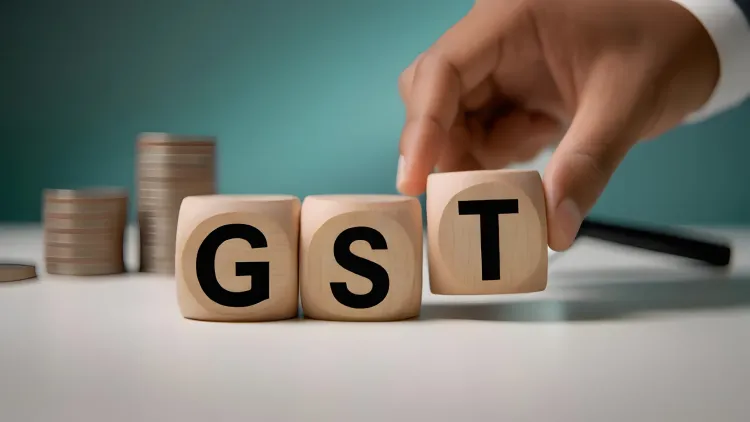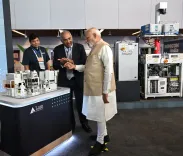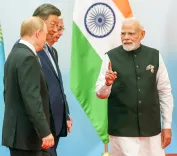Is the GST Reform a Major Relief for Citizens?

Synopsis
Key Takeaways
- Reduction of tax slabs from four to two will put more money in citizens' hands.
- Zero GST on personal health and life insurance premiums.
- Essential goods have become cheaper while luxury items are now more expensive.
- Expected increase in consumption will drive economic growth.
- Government aims to enhance financial security for families.
New Delhi, Sep 4 (NationPress) The nation’s prominent industry chambers expressed their approval on Thursday regarding the GST Council’s decision to simplify tax structures from four tiers down to two. They believe this change will provide significant relief to ordinary citizens by allowing them to retain more of their earnings.
During its 56th meeting, the council eliminated the 12% and 28% tax rates, opting to maintain only the 5% and 18% rates.
Hemant Jain, President of the PHD Chamber of Commerce and Industry (PHDCCI), remarked to IANS, “This GST reform is a timely gift from the government to the average citizen, enhancing their purchasing power just in time for the festive season.”
Jain emphasized that these reforms will have substantial positive effects on the healthcare sector, as the GST on personal health and life insurance premiums has been reduced to nil. This change will directly benefit households.
Regarding the overall economy, he stated, “These GST reforms are vital for achieving Prime Minister Narendra Modi’s vision of a self-sufficient India. After the challenges posed by U.S. tariffs, many sectors were struggling, particularly since the U.S. is one of India’s principal trading partners. These reforms will fortify India’s growth narrative.”
He also pointed out that while the government has made essential goods more affordable, luxury items — which are not regularly needed — have seen price increases to maintain equilibrium.
Manish Singhal, Secretary General of the Associated Chambers of Commerce and Industry of India (ASSOCHAM), shared this perspective.
“This is a greatly beneficial decision for the everyday citizen. Reduced prices will stimulate consumption, which will in turn boost production in various industries. Increased production will draw in more investments and enhance the logistics and supply chain sectors. For example, GST reductions on trucks and tractors will have widespread implications,” Singhal noted.
On the topic of insurance, Singhal observed that policies had become excessively costly for the average person.
“The removal of GST will make insurance more accessible and prompt more individuals to seek coverage. As the customer base grows, insurers will find it challenging to maintain high premiums. This reform will assist families in enhancing their financial security. It is indeed a remarkable initiative by the government,” he added.







